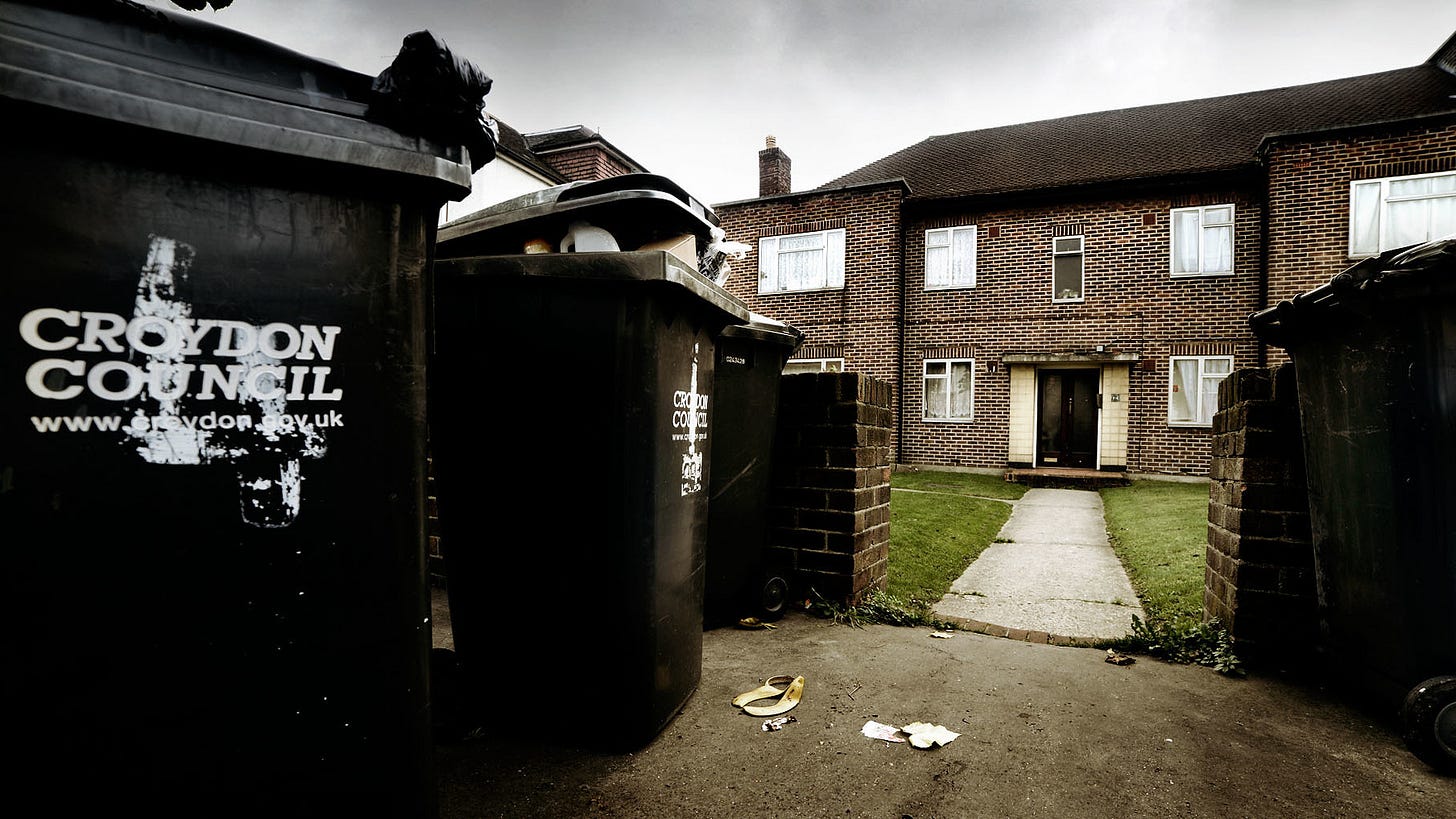The 2021 London mayoral election was disappointing for me the moment that Rory Stewart pulled out the race. The former international development secretary, Conservative leadership candidate and all-round sensible guy said he couldn’t expect volunteers to keep campaigning after the election was delayed, nor could he outspend Labour and his old party.
Such obstacles have not deterred other candidates from entering the race. As well as the usual trio of also-rans from the Lib Dems, Greens and Ukip, there are at least two YouTubers, two remoaners, one actor turned musician turned anti-woke campaigner, Jeremy Corbyn’s conspiracy theorist brother, a drill musician, a preacher, a plumber, an event planner, at least two former Kippers, and a man cosplaying as a space alien with a bin for a head.
The London mayoral race is no stranger to joke candidates – and that’s without even referring to our current prime minister or the amateur historian Ken Livingstone. Among the 2016 cohort was Lee Harris, who ran for the Cannabis Is Safer Than Alcohol party despite the mayor’s inability to legalise weed.

The lack of power afforded to the mayor of the British capital is among the stranger qualities of the job. Some have likened it to a glorified transport commissioner, with previous mayors having appointed themselves as the chair of Transport for London. Although the mayor sets the Greater London Authority (GLA) budget and makes plans, service delivery tends to lie with the 33 councils covering the boroughs and the City of London.
Comparisons are usually drawn to that other great financial capital, New York City, where the mayor runs the schooling system, has banned public smoking, and handles appointments of the city’s many public agencies. In monetary terms, while the New York mayor’s latest budget totals $92.3bn, the GLA Group’s revenue and capital expenditure is £19.4bn ($26.7bn) for the next fiscal year.
In the classic Westminster model of divide and rule, the London mayor is perhaps best viewed as a shepherd overseeing an unwieldy flock of disobedient cattle. Farah London, an improbably named mayoral candidate, gave the impression that rallying such disparate politicians is easy, but I suspect this is not the experience of previous mayors.
The London mayoral election is therefore a collection of oddballs chasing a position of dubious statutory power. The winner can act as a figurehead for the city, appearing on glitzy American chat shows or spinning political messages into a New Year’s fireworks display, but like an opposition leader they have more scope to talk than act.
Adding to the sense of the absurd, Labour’s incumbent candidate Sadiq Khan is so far ahead in the polls that he may claim a majority of votes in the first round. This would eliminate the need for a second round, which whittles the contest down to the leading two candidates and adds second preference votes.
The main cause of this is the dismal performance of the Conservative candidate Shaun Bailey. Despite having the ‘credible’ backstory of growing up on a council estate as an ethnic minority, Bailey has frequently drawn criticism for saying politically incorrect things.
In some cases the criticism has been dubious. His previous remark that women are deterred from becoming MPs because of the rough nature of the trade has frequently been made by his political opponents using different words. Other supposedly controversial comments seem much milder on closer inspection, even in hostile newspapers.
Even if the broader allegation that Bailey is out-of-touch with liberal London is true, it’s unclear what relevance such debates have on the practical problems facing the city. House prices are crazy. Pre-pandemic transport was bursting at the seams. Pollution levels are too damn high.
The same was true in the last election, and the one before that. Covid-19 may lessen some of these problems if Londoners escape to more bucolic settings and spend more time working from home, but they are mostly unresolved. The mayoral pantomime may be entertaining, but it risks being an advert for how devolution doesn’t work.
Policy-based evidence. Earlier today the government’s race commission found that class and family situation mattered more than race in determining life outcomes. Motivated reasoning being what it is, I suspect this will make little difference to those who’ve staked their reputations on a different explanation. UnHerd’s Tom Chivers has a great article on how this works in practice.
Red army. Those of you missing my opinions on foreign policy will be delighted to know that I’ve discussed Labour’s approach in the Article. Shadow foreign secretary Lisa Nandy has much damage to repair after Jeremy Corbyn’s anti-Western stance, and is making a speech today clarifying what her party stands for.
English heart. The Spectator’s James Kirkup discusses an exchange between shadow justice minister David Lammy and an LBC caller on whether he is really English. Having once doubled down on his comparison between Brexiteers and Nazis, Lammy’s reinvention of himself as a peacebroker in the culture wars is interesting.
Easter is coming and the rabbit’s getting fat. Or perhaps it’s us who’ve added the pounds in the last year of lockdown. Hopefully you can all leave the building over the long weekend to enjoy reading the latest political commentary on your smartphones.
Jimmy



